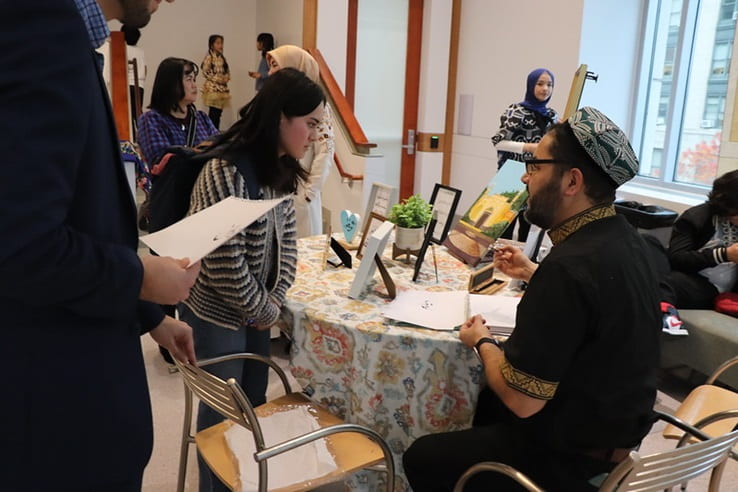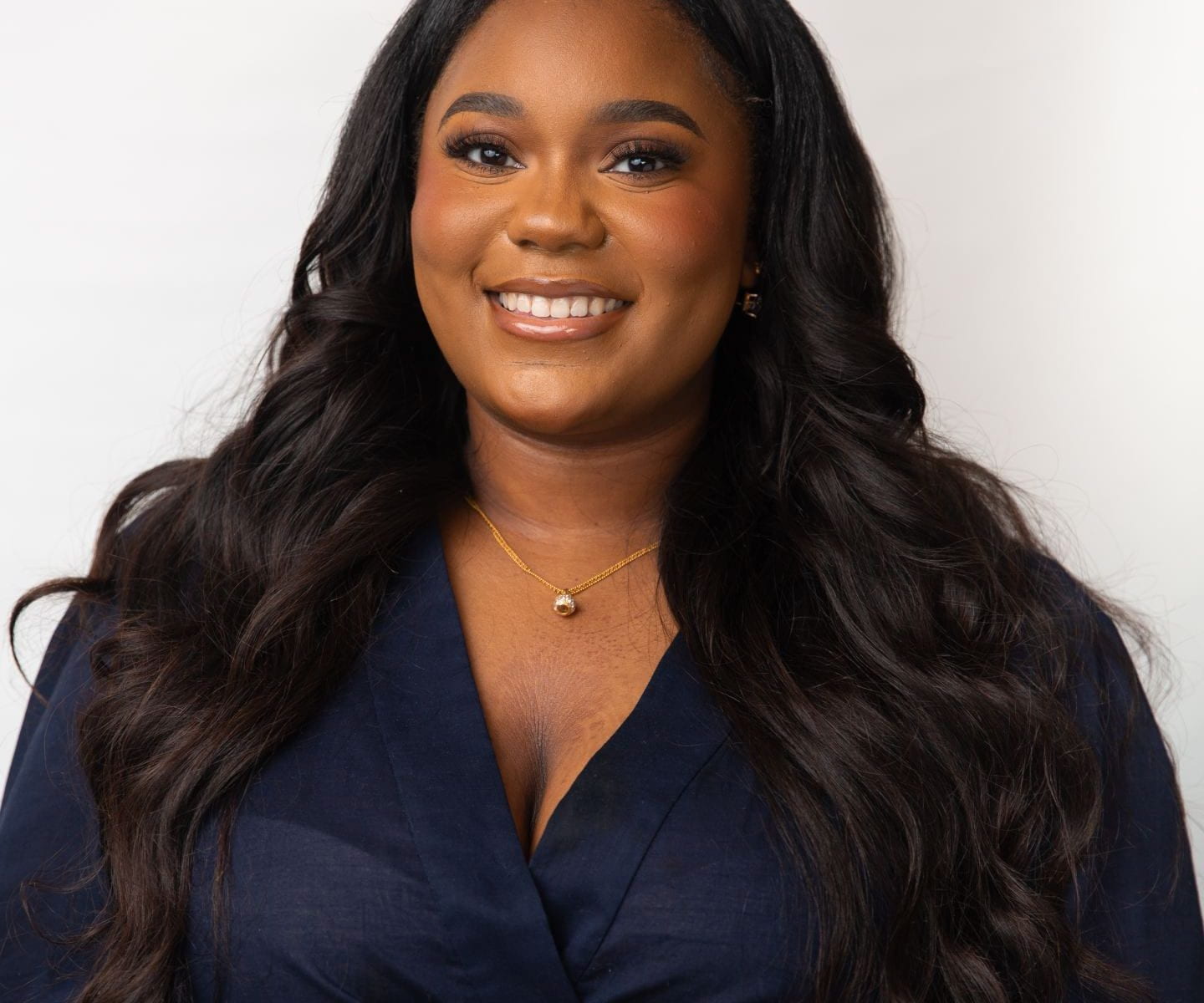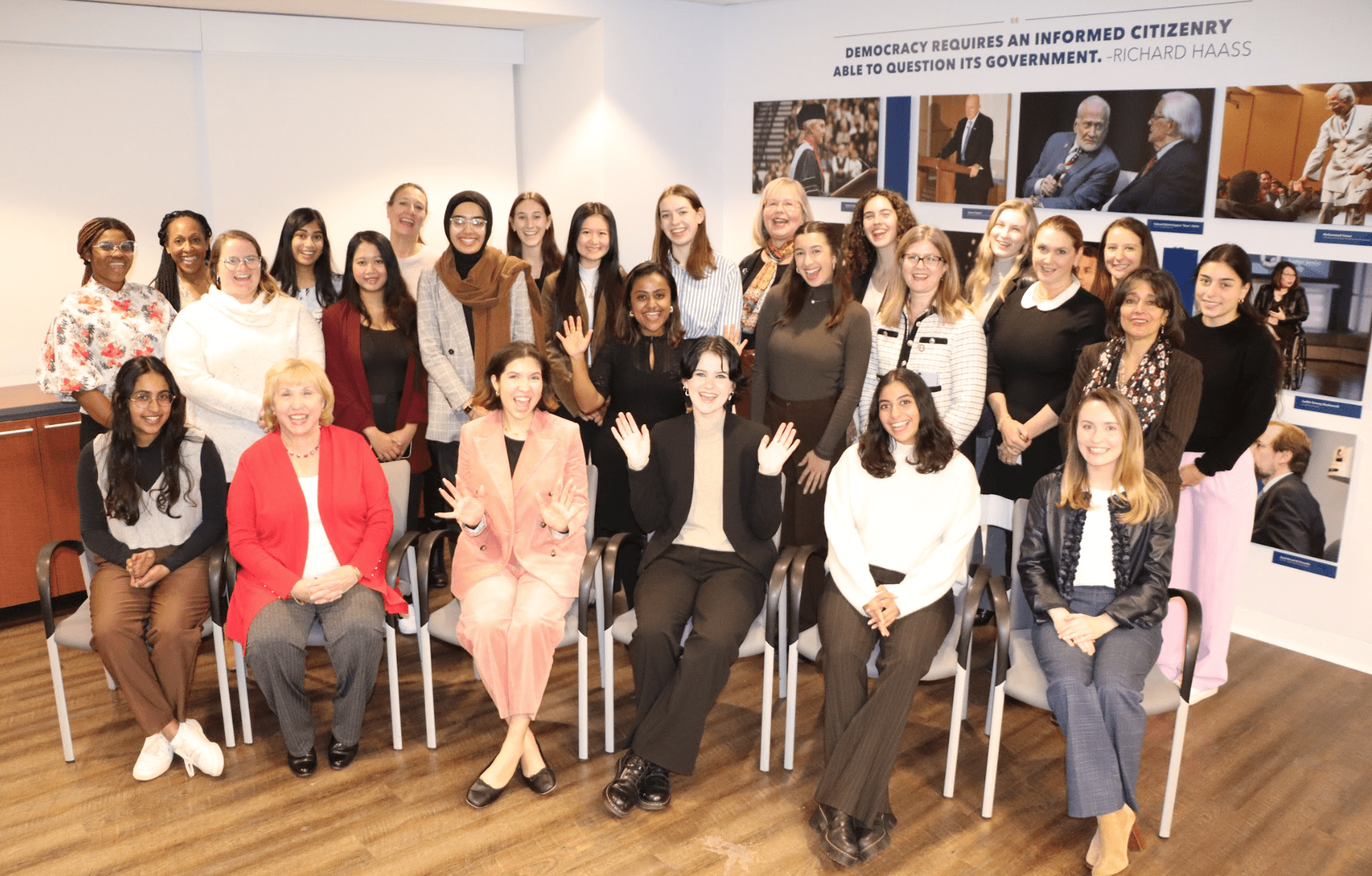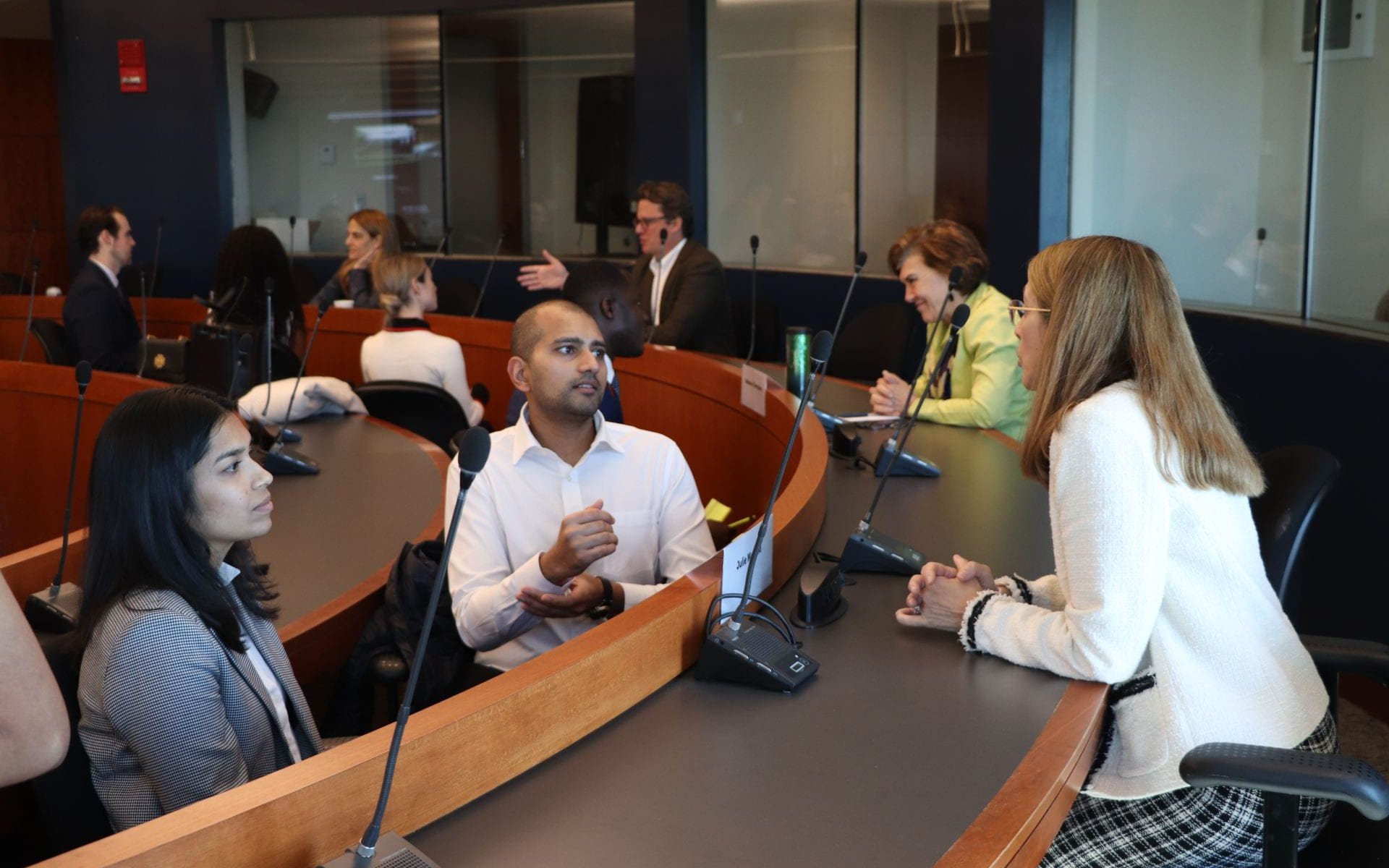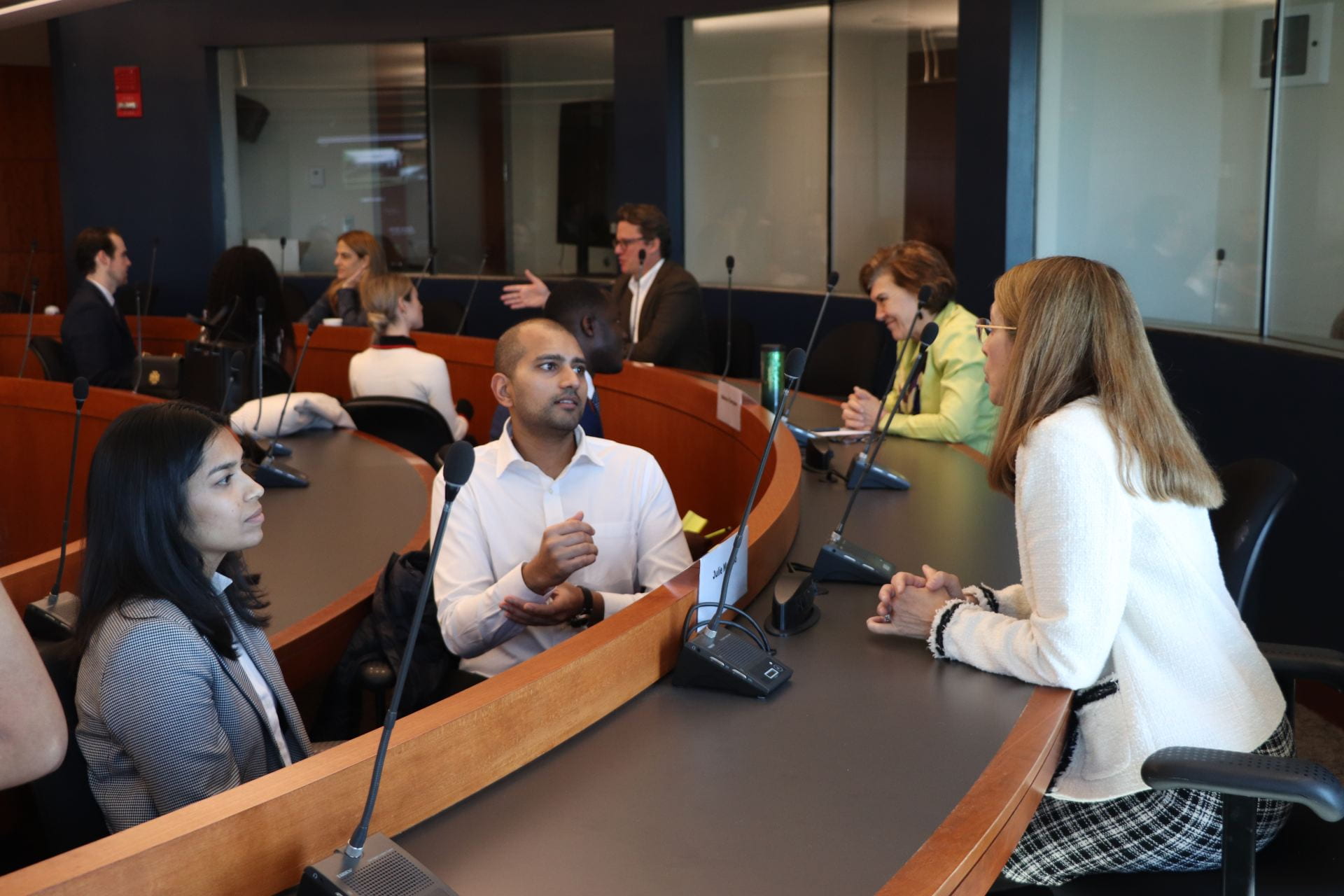The Ambassador Julia Chang Bloch Graduate Fellowship provides stipends for field research, study abroad, and more.

Ambassador Julia Chang Bloch, a distinguished diplomat and the first U.S. ambassador of Asian descent, has established a new Elliott School graduate fellowship, which will launch this month. The fellowship provides an annual stipend to support graduate-student projects largely focused on the relationship between China and the United States.
Ambassador Bloch is founder and executive chair of the US-China Education Trust (USCET), which works to promote stronger and more stable US-China relations through education. The trust has been affiliated with the Elliott School since 2021.
The ambassador’s life story and dedication to educating the next generation of China experts is remarkable. With her family, Ambassador Bloch moved to the US at the age of nine. She went on to earn a master’s degree in government and East Asia regional studies from Harvard University—and then to a distinguished career spanning six decades.
Serving in senior-level government, private, and non-profit positions, Ambassador Bloch witnessed the power of person-to-person experiences to forge genuine cross-cultural understanding.
Now, she seeks to nurture the next generation of leaders with both expertise and a nuanced understanding of East Asian countries, China in particular. “There is a need for universities to do much more with student-to-student exchange between the two countries if we want to move the [US-China] relationship to firmer ground,” she said.
Consequently, the Ambassador Julia Chang Bloch Graduate Fellowship provides support to two graduate students per year in the Elliott School, notably students with an expressed interest in China, US-China relations, and/or East Asia.
“We are excited to launch this new fellowship, which adds yet another opportunity for our students to deepen their knowledge of China, and further strengthening our school’s academic offerings centered around the US-China relationship and related topics,” said Alyssa Ayres, dean of the Elliott School.






